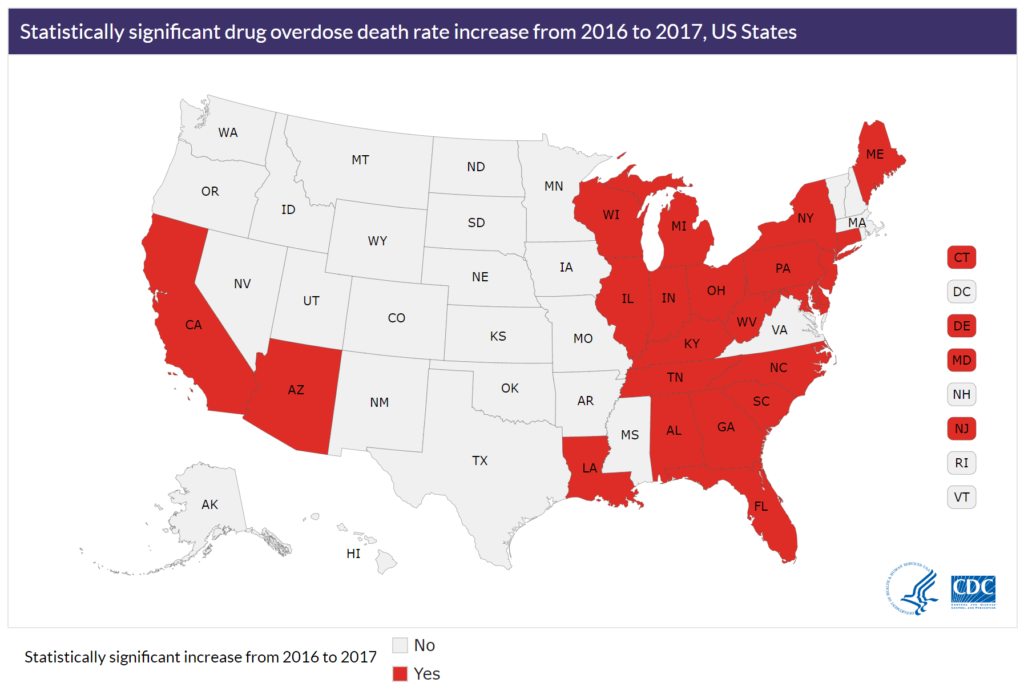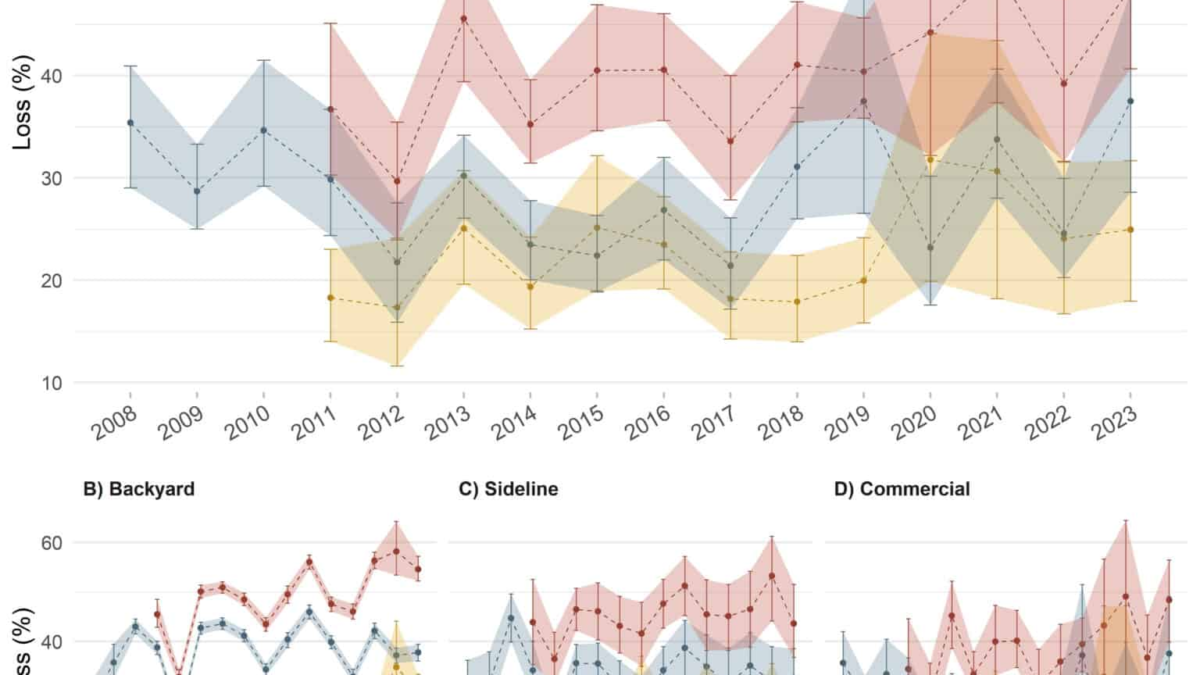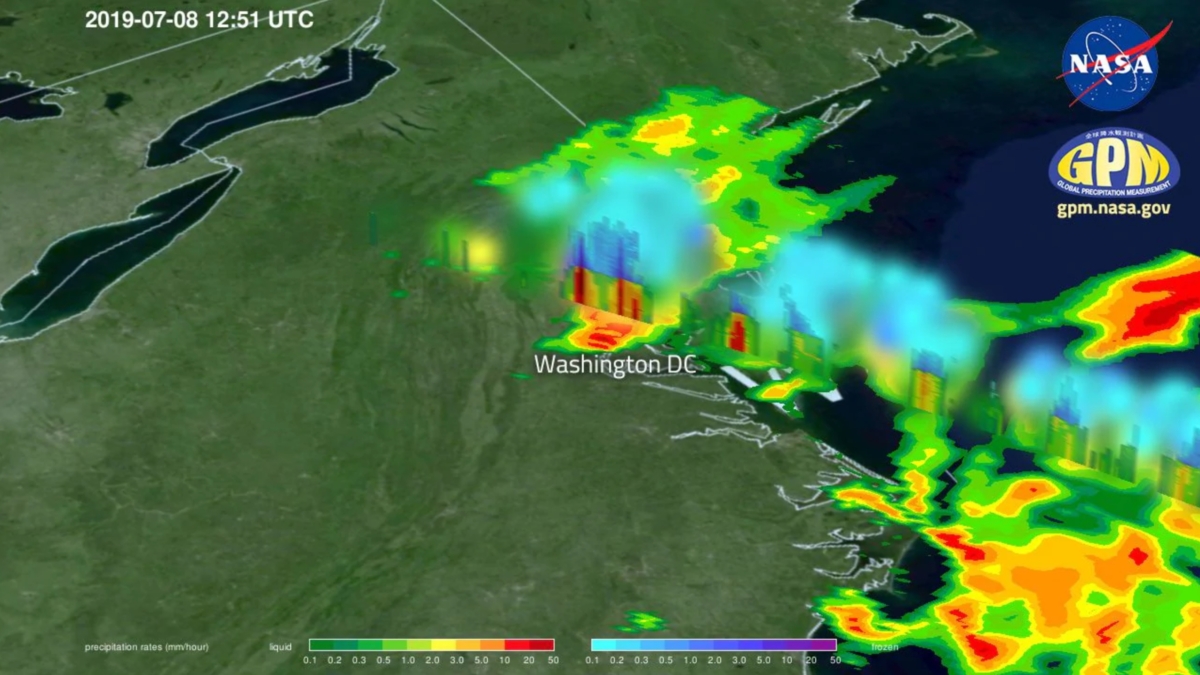12 million pills and 700 deaths: How a few pill mills helped fan the U.S. opioid inferno – “There was just so much money”

By Del Quentin Wilber
14 June 2019
(Los Angeles Times) – Soon after he took over as medical director of the Urgent Care & Surgery Center in eastern Tennessee in 2012, Dr. Marc Valley realized he was supervising illegal drug dealers in lab coats.
Platoons of patients socialized in the parking lot, none seemingly afflicted by injuries. The packed waiting room echoed with chatter about how and where to score painkillers known as opioids.
Valley discovered that clinic staffers were barely vetting patients. Some charts didn’t even include a diagnosis or pain level, yet patients all seemed to receive the same dosage of powerful opioids.
He worried that dozens risked dying from overdoses. He complained to management and tried to rein in the malpractice. But the operators ignored him. Their only concern, he said, was the money pouring in.
He quit after three months, convinced he was running an illicit pill mill, not a legitimate clinic.
“It was so very sad,” recalled Valley, now 60. “I knew it was wrong, and I walked away. But I can empathize with those who didn’t. It was tempting. There was just so much money.”
After he quit, the pill mill — located in a one-story office beside a state highway in Lenoir City, Tenn., in the shadow of the Great Smoky Mountains — was targeted by federal agents in a three-year investigation of local pain clinics.
The ensuing raids, telephone wiretaps and criminal charges against 140 people provide an unparalleled autopsy of how a handful of pill mills exacerbated the nation’s opioid epidemic during a critical early period in its history.
By the time they were shut down in 2015, four freewheeling clinics had churned out prescriptions for more than 12 million opioid pills and had generated at least $21 million, court records show.
In a rare step, federal authorities combed through medical files and death records, seeking the toll of lives lost — from three of the clinics in the Knoxville area and a predecessor in southern Florida.
They were stunned to discover that more than 700 patients had died, not including those who bought the pills on the secondary black market. [more]
12 million pills and 700 deaths: How a few pill mills helped fan the U.S. opioid inferno


